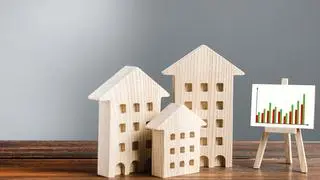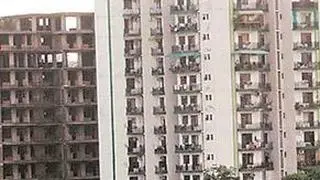Ajit Chordia, President of the Tamil Nadu chapter of the Confederation of Real Estate Developers Association of India, says GST has added to the costs for developers and buyers. Excerpts:
How has GST impacted the real estate sector?
GST has added to the cost of developed real estate space. Most manufacturers of construction inputs have not passed on the full benefit, so the basic price of raw materials is going up. Take cement, for example. Pre-GST, the price was ₹300 a bag (including basic price of ₹ 225 plus excise duty and VAT). The end price has been kept the same but the base price has been hiked to ₹235. In effect, the consumer pays ₹10-15 more. This is true of other raw material suppliers too.
What has the new tax meant for developed space?
Take the housing segment. Earlier, the service tax on construction component was 6 per cent in Tamil Nadu; under GST, it is 18 per cent on construction contract, including input benefit of GST for property below ₹5,000 a sq ft. This may be revenue-neutral, but as prices go up, the impact of GST will be felt more and the end products will be costlier for customers.
For property in the range of about ₹10,000 a sq ft, where service tax on construction component worked out to about ₹300, the total liability now has nearly doubled.
The worst affected are buyers caught in transition, where a building is halfway through, with a portion attracting service tax and a part attracting GST. Developers are not clear on input available and consumers too are shelling out more under GST than service tax. Both developers and buyers are hit.
What is the status in respect of new project launches?
In new projects, customers will have to pay at least 3 per cent more on account of GST, depending on the method of implementation. The cost will increase for developers; this will have to be factored in for new products.








Comments
Comments have to be in English, and in full sentences. They cannot be abusive or personal. Please abide by our community guidelines for posting your comments.
We have migrated to a new commenting platform. If you are already a registered user of TheHindu Businessline and logged in, you may continue to engage with our articles. If you do not have an account please register and login to post comments. Users can access their older comments by logging into their accounts on Vuukle.